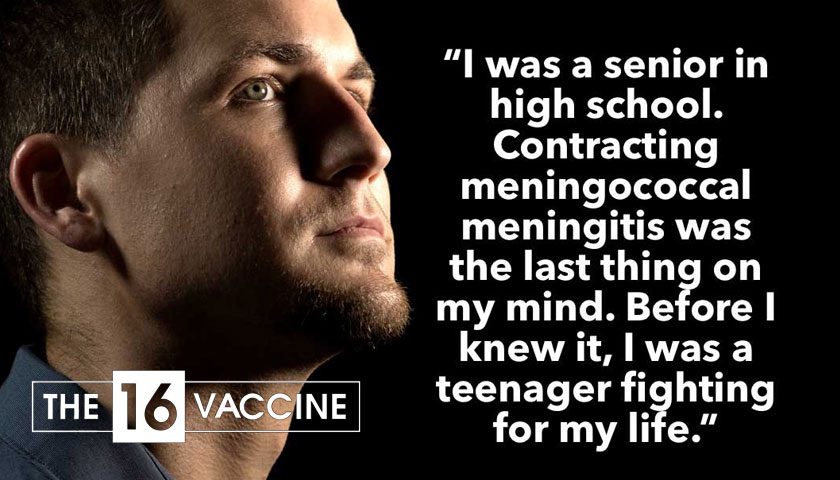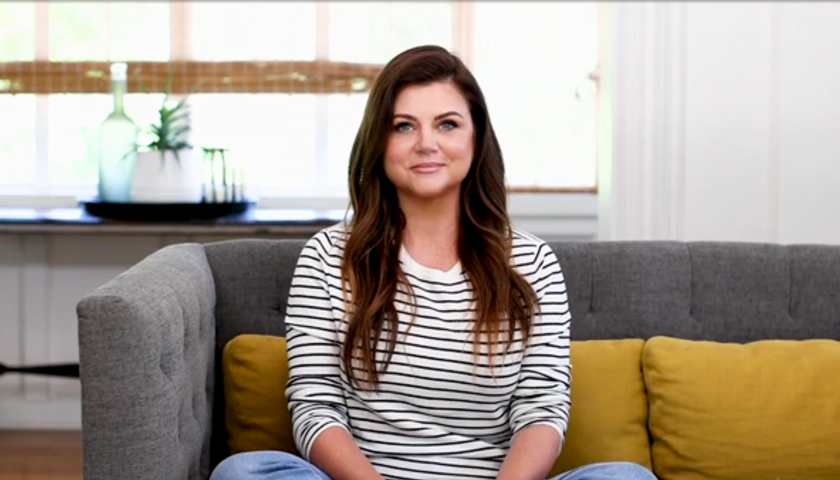The National Meningitis Association (NMA) today announced the launch of a new educational initiative in collaboration with Sanofi Pasteur, the vaccines division of Sanofi, about the importance of the Centers for Disease Control and Prevention’s (CDC’s) recommended second dose of the meningococcal meningitis vaccine (MenACWY) for adolescents at age 16. The 16 Vaccine aims to educate parents about the importance of this critical second dose of MenACWY, which helps protect teens against meningococcal meningitis during the period when they are at increased risk.
Vaccination is the best defense against meningococcal meningitis, yet according to the CDC, more than half of U.S. teens have not yet received the recommended second dose of MenACWY, potentially leaving many adolescents without protection. That’s why the NMA is urging parents to ask their teen’s healthcare provider about the MenACWY second dose during their 16-year visit.
“My life changed forever when my son, Chris, was diagnosed with meningitis and passed away shortly after,” said Leslie Maier, Secretary Treasurer of the NMA. “Some parents are aware of the primary dose of MenACWY vaccine at 11-12 years of age, but they don’t know CDC recommends a second dose at age 16. I urge every parent to talk to their teen’s healthcare provider about the MenACWY second dose at their 16-year old visit and ask about other potentially life-saving vaccines that are available to help protect them.”
Parents of teens can find more information about the recommended MenACWY second dose and other important vaccinations, including the meningococcal B vaccine, that should be considered for teens at The16Vaccine.org, along with a discussion guide to use at the 16-year visit.
The campaign website features emotional firsthand stories of meningococcal meningitis survivors and advocates whose lives have been irrevocably impacted by the disease. Parents can also sign up for a text reminder at The16Vaccine.org, which will alert parents when it’s time to schedule an appointment for their teen’s 16-year vaccine visit.
Anyone at any age can contract meningococcal meningitis, but teens and young adults between 16 and 23 years of age are among those with an increased risk of infection, likely due to common lifestyles and behaviors among this age group, such as living or socializing in crowded conditions.
Although rare, meningococcal meningitis is a serious, contagious and potentially deadly bacterial infection. The bacteria that cause the infection can spread when people have contact with a carrier’s saliva, such as through kissing, coughing and sharing beverages. It develops rapidly and can cause death in 10-15 percent of cases, sometimes within 24 hours of illness onset. Among survivors, as many as one in five live with permanent disabilities, including hearing loss, brain damage, kidney damage, or limb amputations.
“I knew bacterial meningitis was a potentially deadly disease, but I didn’t think it would ever affect me, until it did. Looking back on my time in the hospital and the long recovery, I wish I could go back, reverse time and gotten the shot,” said Krystle Beauchamp Grindley, meningitis disease survivor and NMA advocate. “As someone who was fortunate enough to survive bacterial meningitis, I encourage every parent to talk to their teen’s doctor about getting the critical second dose of MenACWY at 16.”


